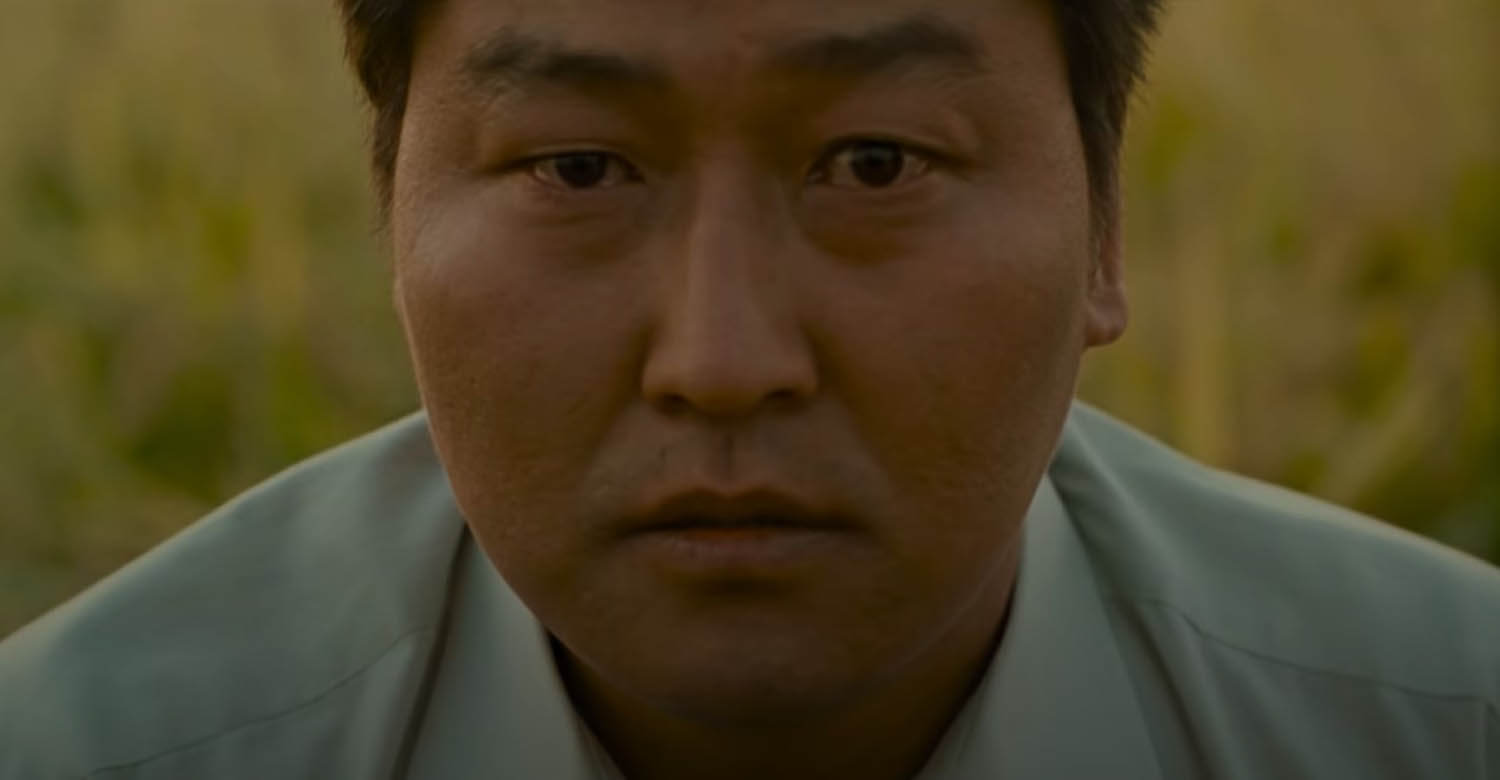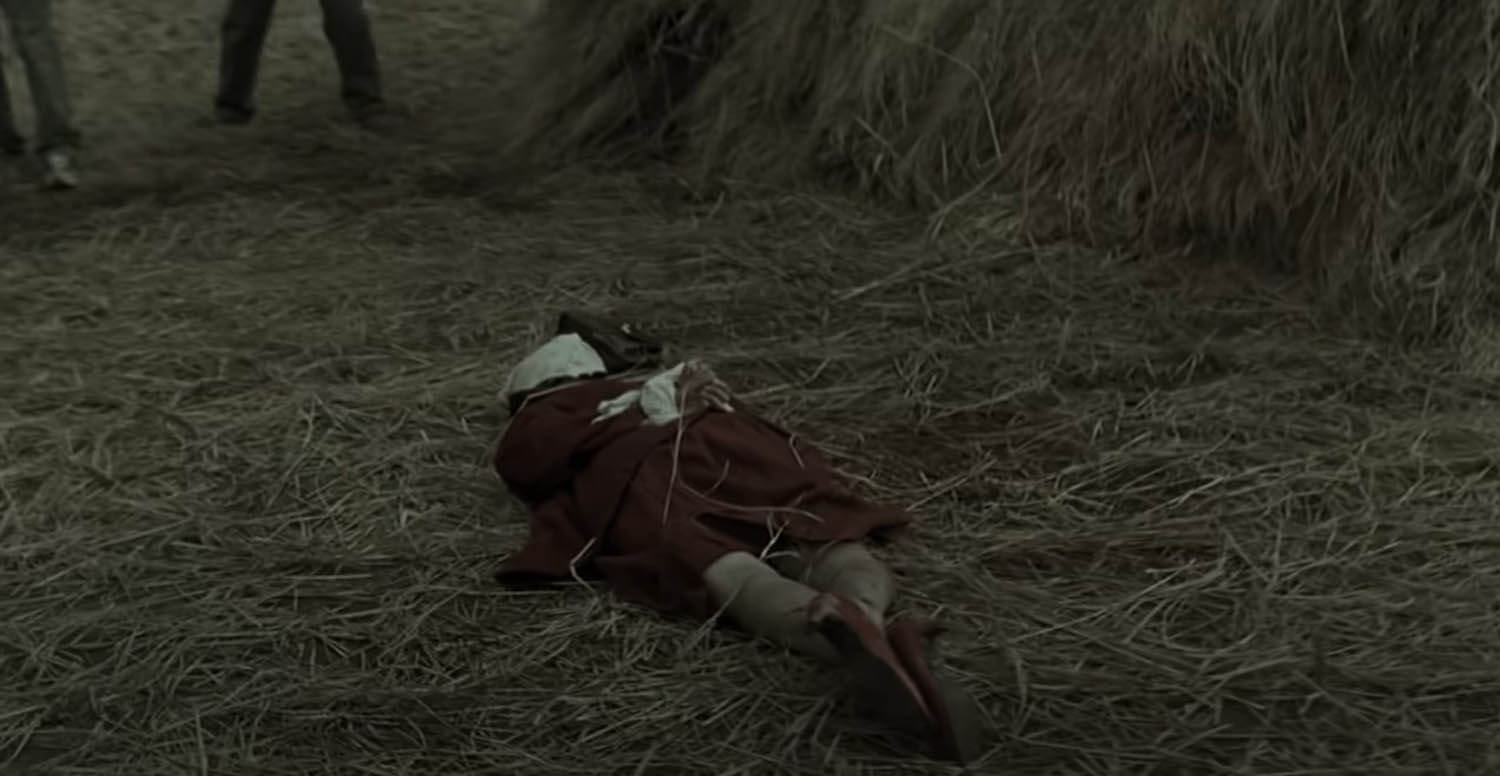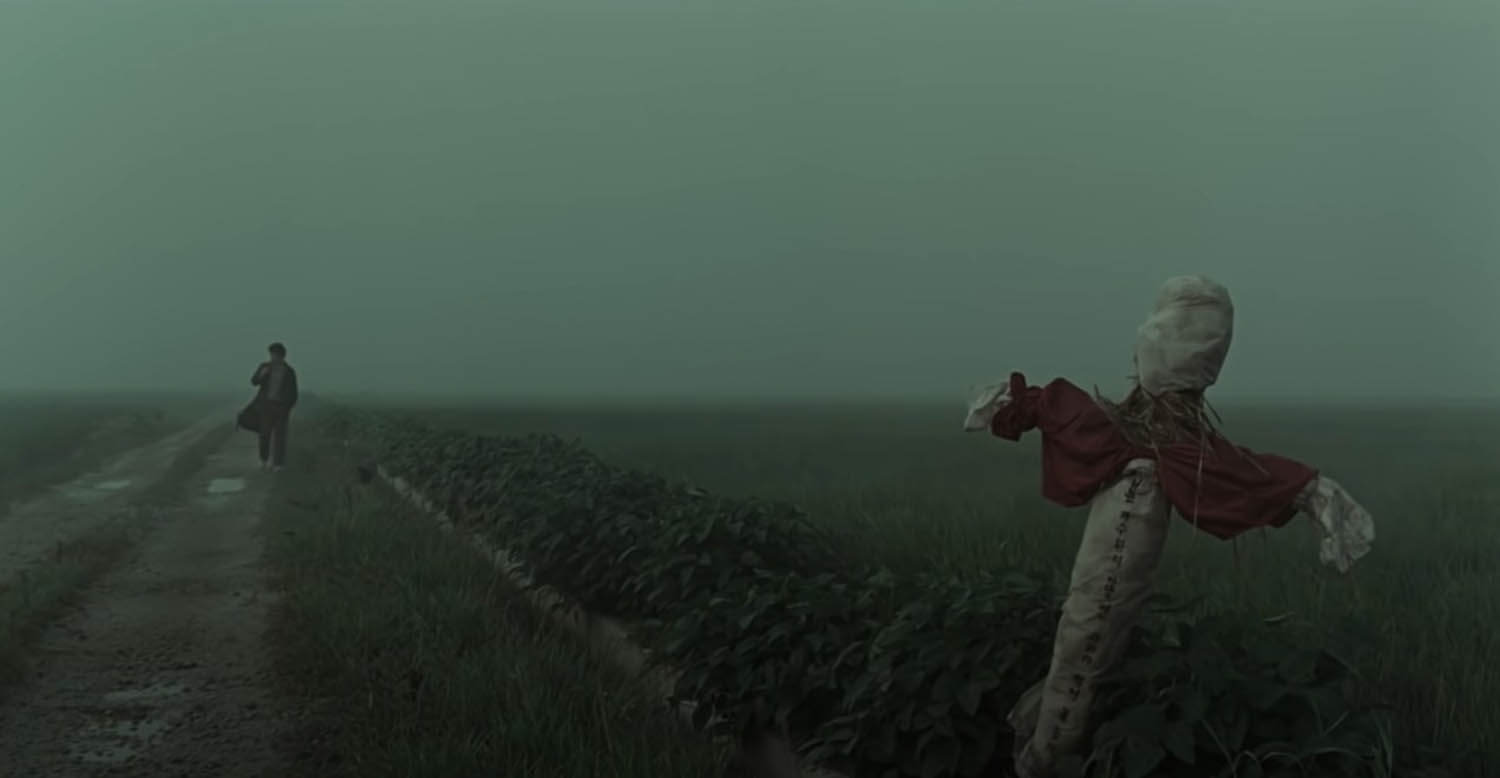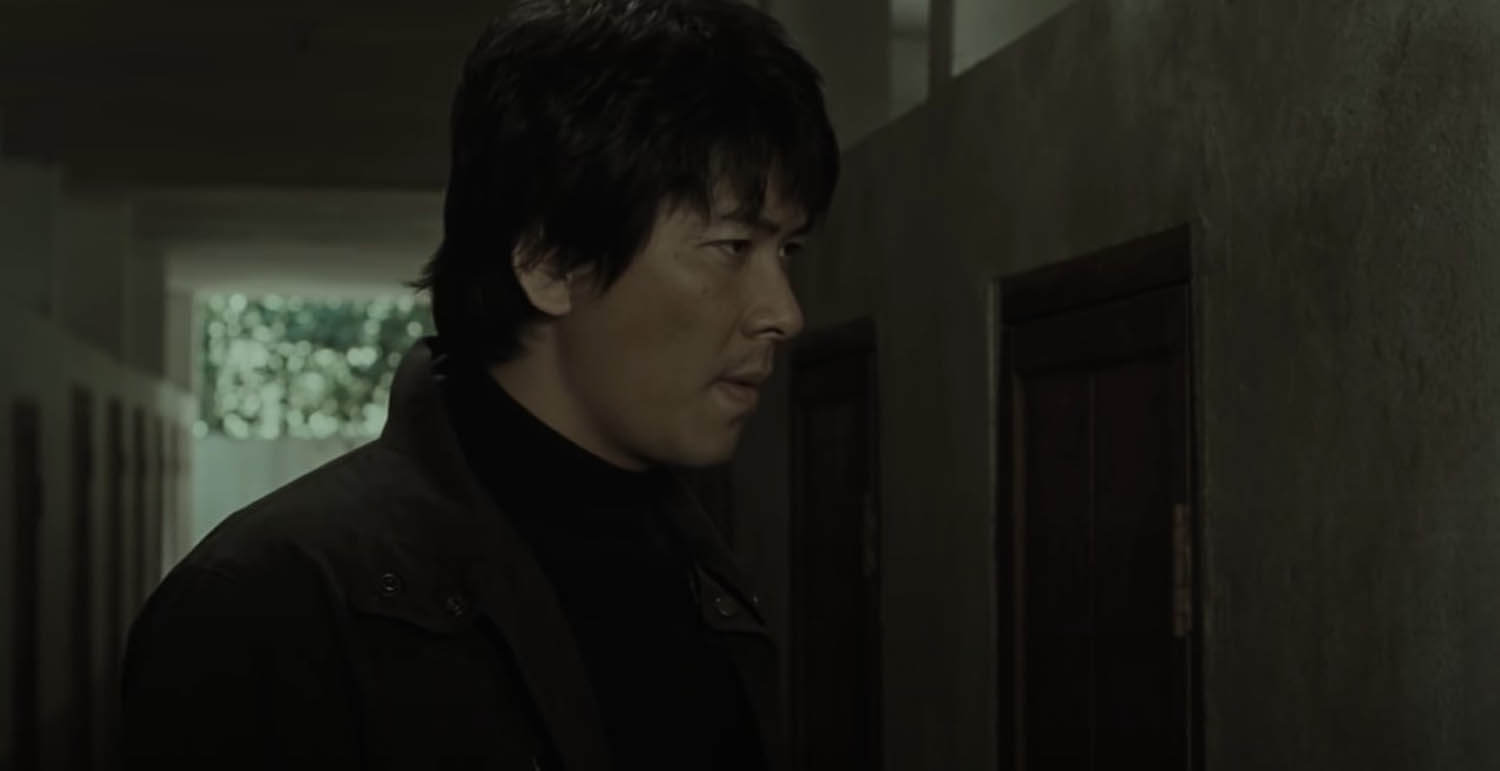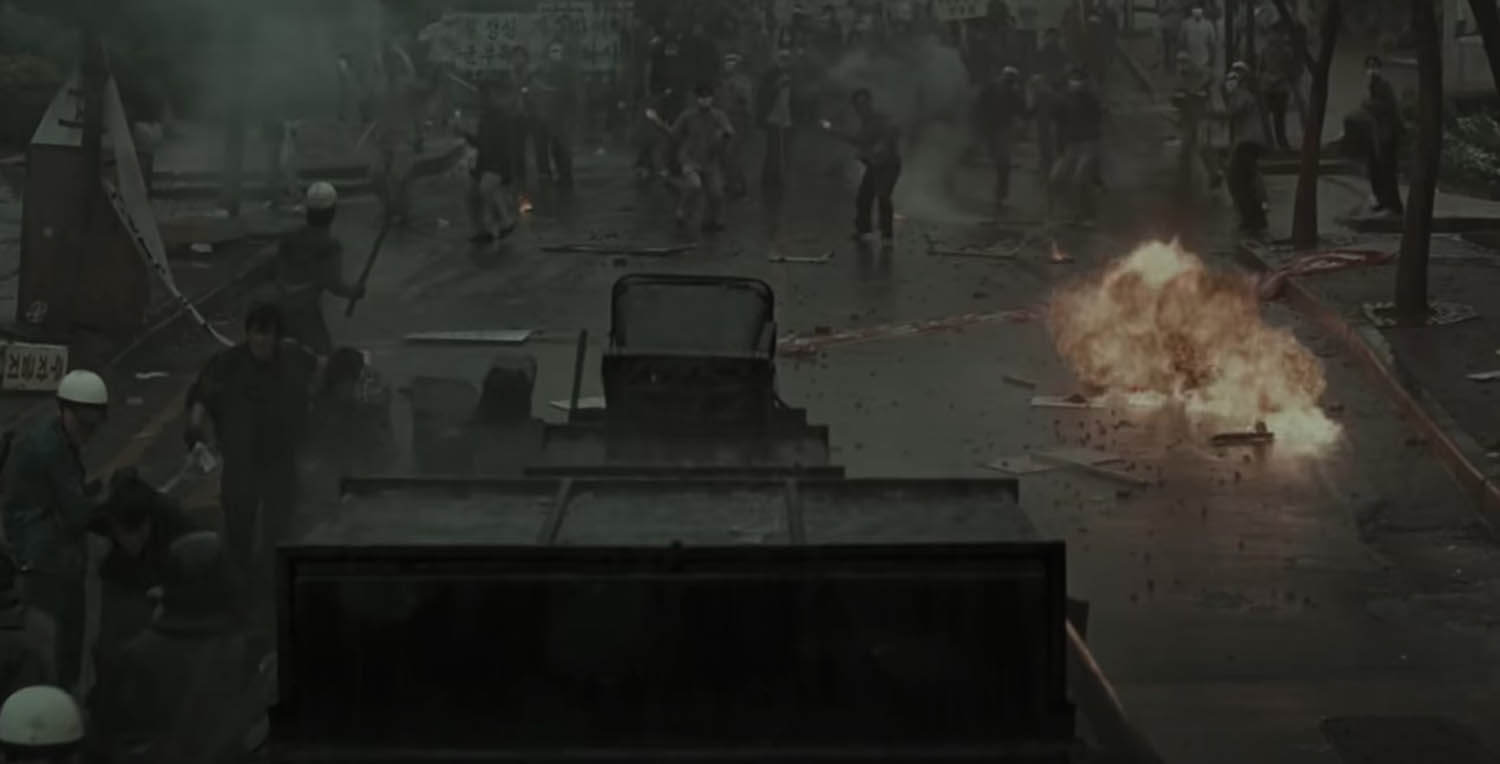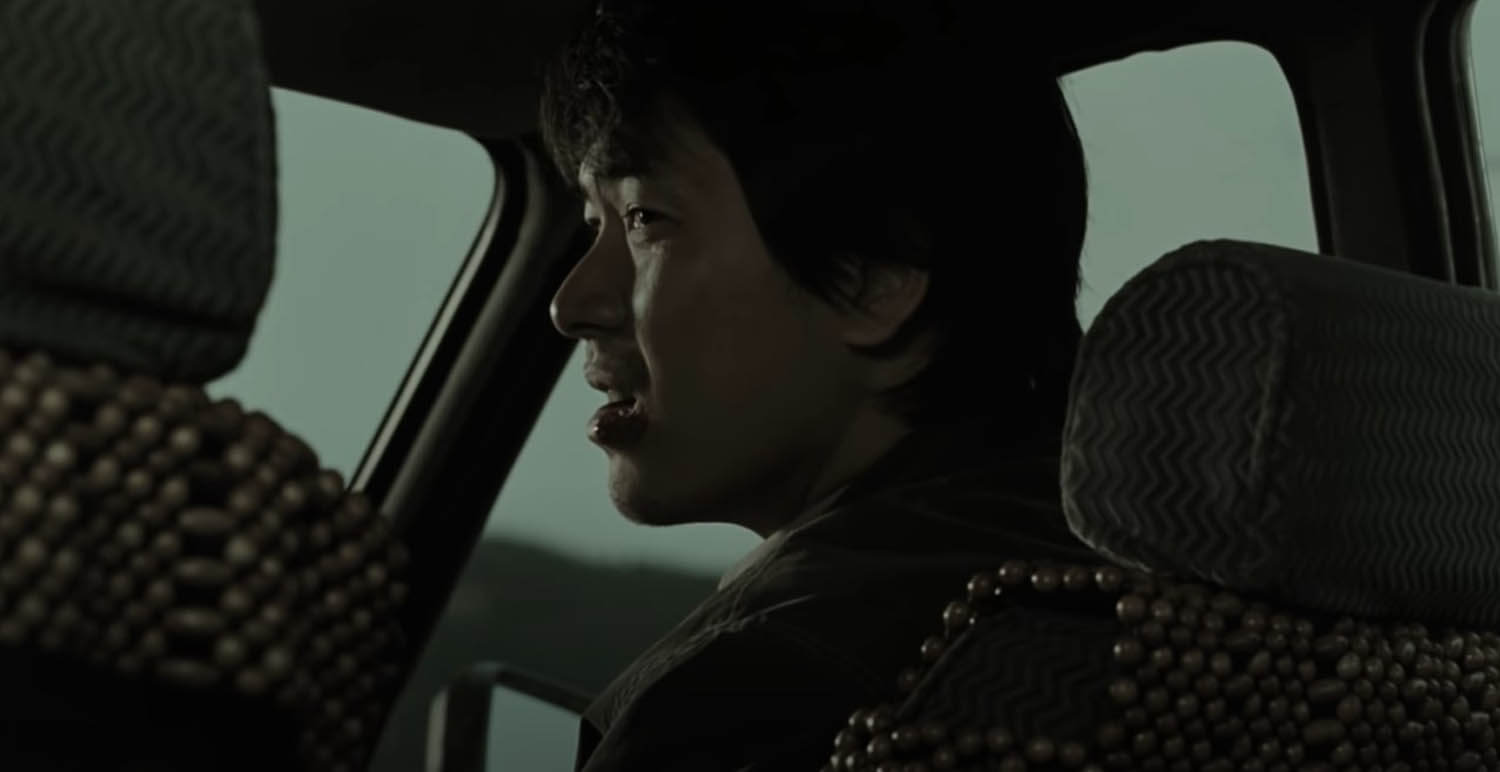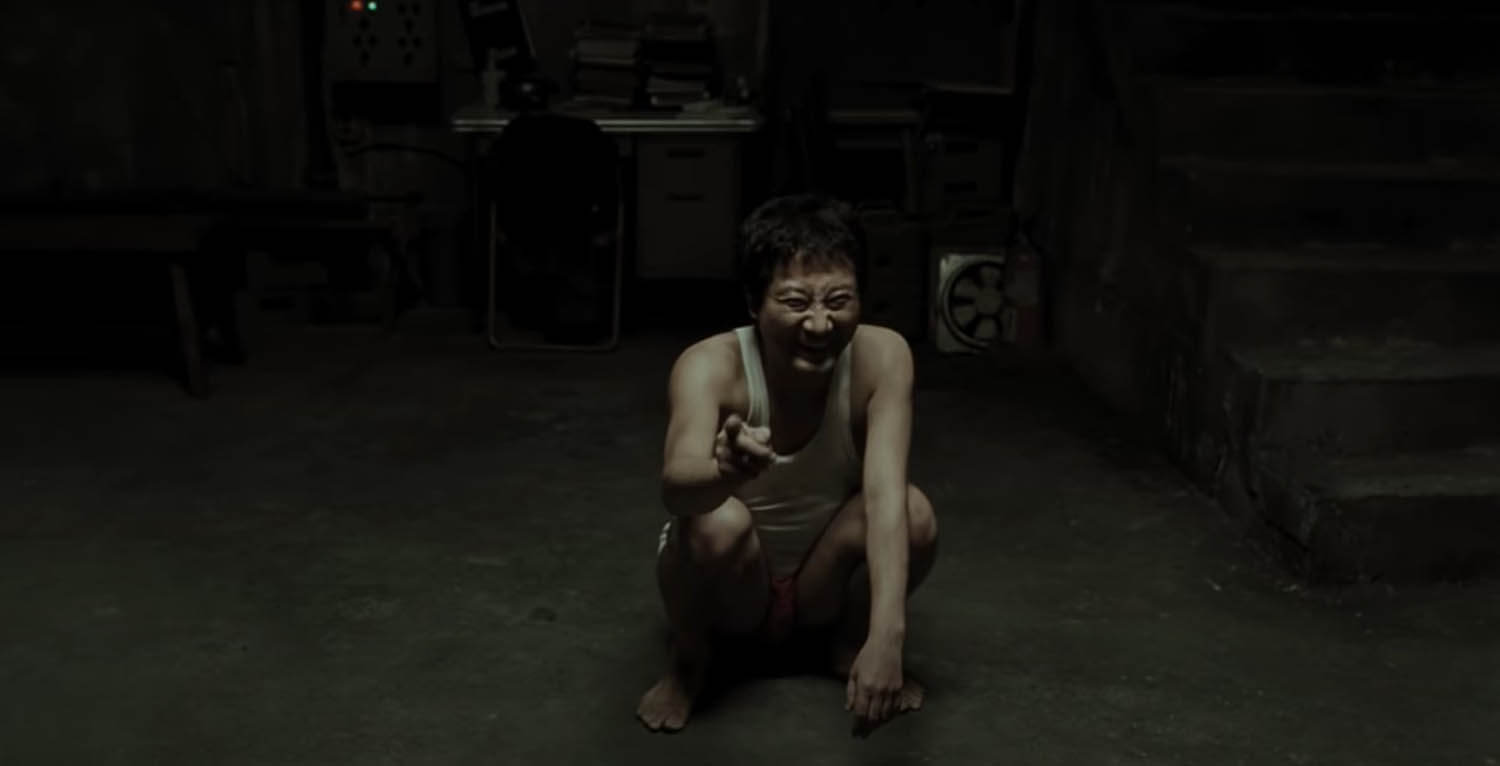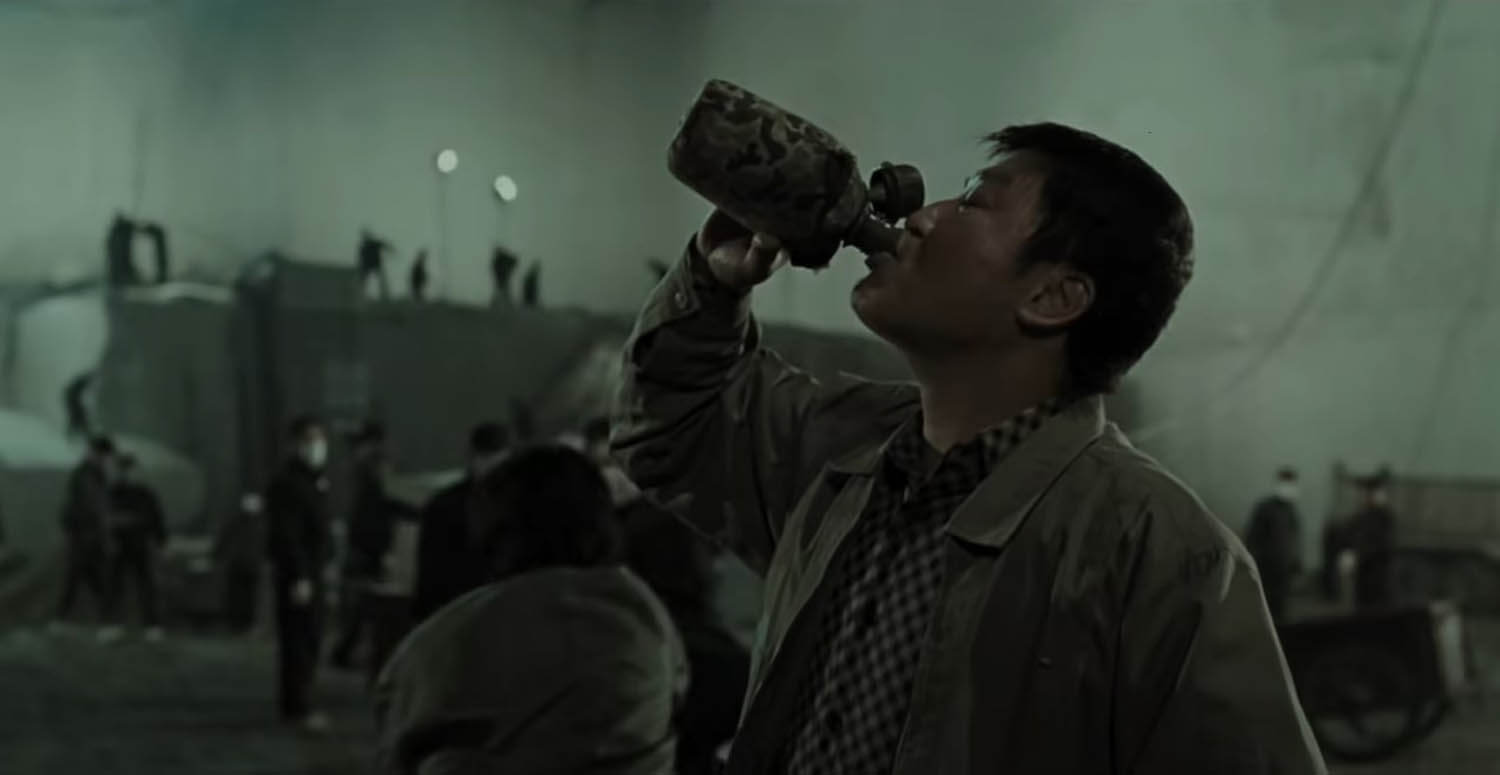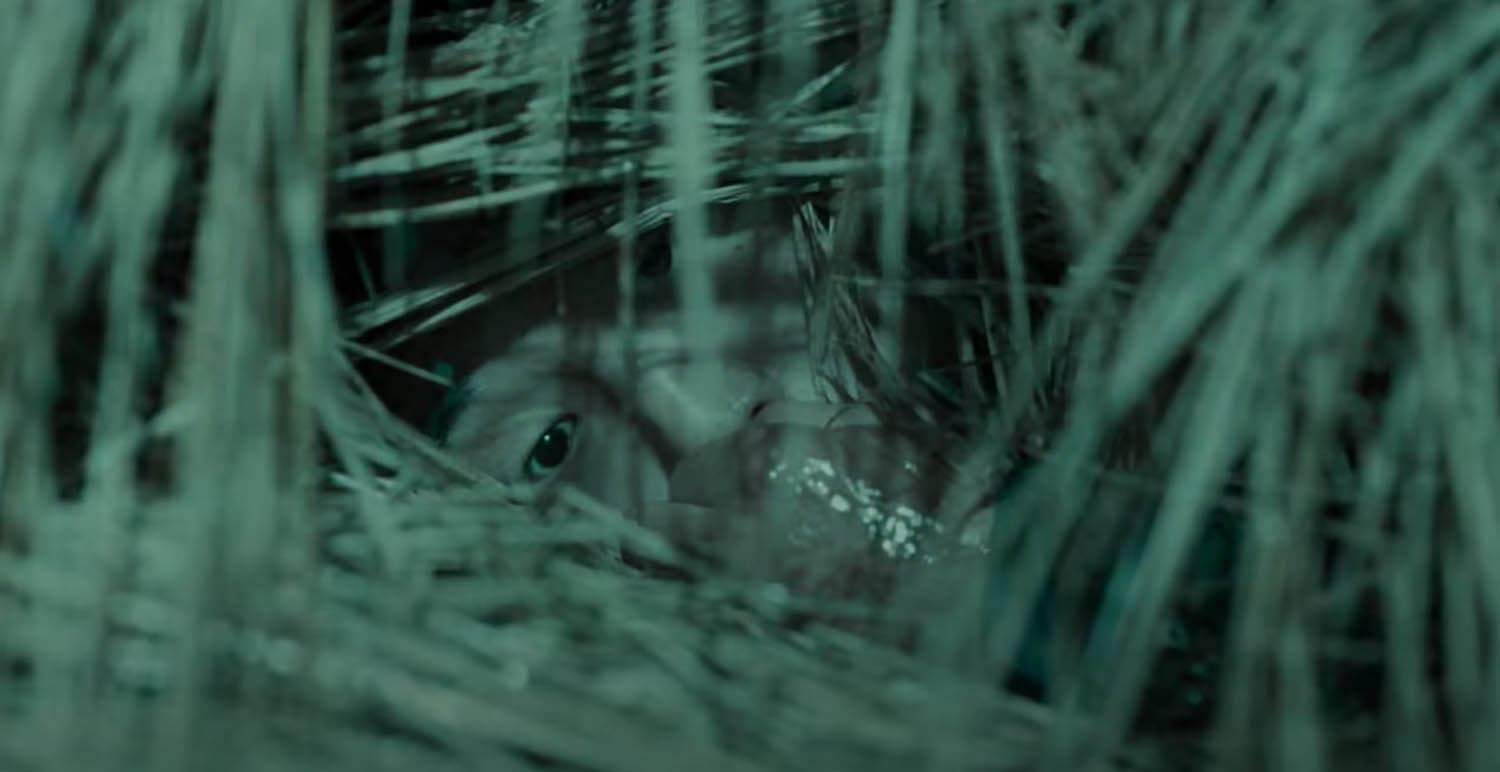Bong Joon-ho’s masterpiece, Memories of Murder, returns in gorgeous, ghastly 4K


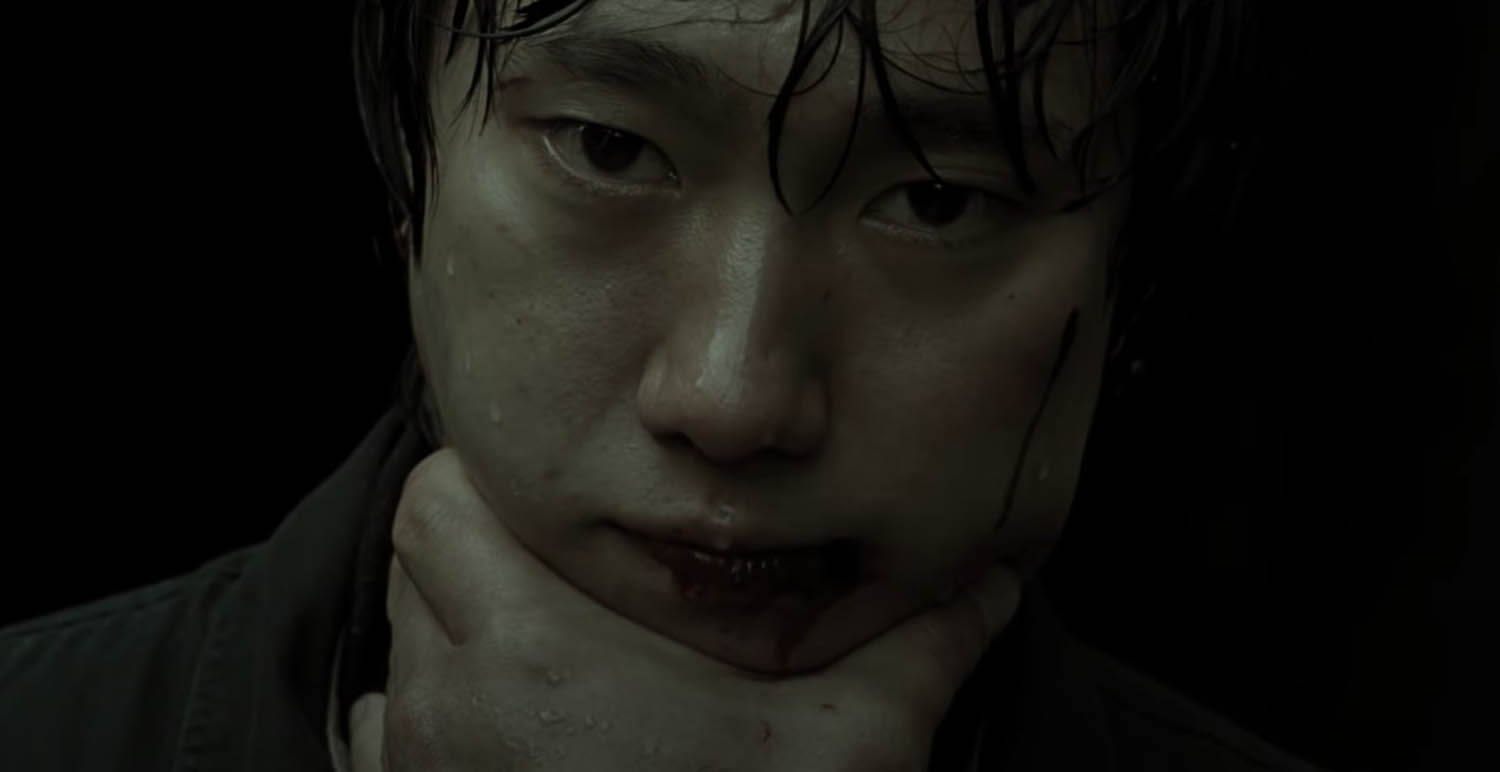

(Lainey: A Halloween recommendation that isn’t Hocus Pocus or Practical Magic…)
Bong Joon-ho’s sophomore film, Memories of Murder, is a masterpiece of the crime drama genre, and is arguably still Bong’s finest film to date. Loosely based on the Hwaseong serial murders—South Korea’s first recorded instance of serial killings—Memories of Murder follows the local police effort to catch a killer raping and murdering young women in provincial Korea. Memories of Murder is not a slick, polished procedural, nor a gritty cop drama. It is a character piece, both of the detectives investigating the case and the entire system that enabled a murderer to go undetected for decades (the real case was closed in 2019 when Lee Choon-jae, already in jail for murdering his sister-in-law, confessed to the crimes). Memories of Murder is a case study in ineptitude, casual cruelty, presumption, and frustration. It is a gorgeous film about ugly things, and its beauty and horror are on full display in a new 4K restoration just released on demand.
At first, Detective Park (Song Kang-ho) seems like a Columbo type—bumbling, but not necessarily totally inept. When he arrives at a crime scene where a young woman’s body has been stuffed in a culvert, he knows he needs forensics on site, he tries to get the local children to stop playing with the evidence, and later, at another, similar crime scene, he berates a farmer for driving a tractor across tire tracks left in the muddy road. Park has at least some sense of what needs to be done for a murder investigation. But it is rapidly apparent that Park is overwhelmed, unable to control the locals or the press, and he has no real investigative skills beyond staring suspects in the eye and letting his gut decide if they’re murderers. He and he his partner, Cho (Kim Roe-ha), quickly latch onto a local boy, Gwang-ho (Park No-shik), as their prime suspect. But Gwang-ho is a person with cognitive disabilities, and while he does know details of one of the murders, it is apparent Park and Cho prefer him for the crimes simply because he is the local outcast.
Memories of Murder is a slow burn, establishing genre tropes and unwinding them with a grinding, relentless realism. In a Hollywood cop movie, Park would absolutely have a magical gut instinct that leads him to the killer, but within the fatal realism of Memories, Park’s instincts are useless and only lead him to waste time on bad suspects, like Gwang-ho. He also participates in police brutality along with Cho, beating confessions out of Gwang-ho and, later, another suspect literally strung up from the ceiling. Bong’s eye in Memories is clinical, not emotional, but Park and Cho’s repeated failures stacked alongside their penchant for brutality is unmistakably critical, and one of the besetting sins of the police department. (Another sin is allocating officers to suppress protests, leaving no one available to help during a crucial stage of the investigation.) Far from being a Hollywood-style hero, or even a bumbling Columbo savant, Park is a terrible investigator and a bad cop whose incompetence and viciousness combine in disastrous ways.
Then comes Inspector Seo (Kim Sang-kyung), sent from Seoul to help with the investigation. He is younger than Park, but much more experienced with murder investigations, and he does manage to impose some order on the investigation. He wrangles crime scenes into order, and he connects the killings by noticing the victims all wore red and were killed on rainy nights. He follows real clues, stating that “documents don’t lie”, and, for a brief moment, he seems like the classic white knight, the “one good cop” who will solve the crime. But it’s 1986 and DNA testing is in its infancy; despite samples dutifully collected, Seo is unable to make any more headway than the barbarous Park. Memories of Murder was made nearly 20 years after the real crimes began in Hwaseong, and Bong does not sugarcoat the investigation—the police never caught the killer, and from Bong’s position in 2003, any resolution seemed impossible. That sense of failure and frustration permeates Memories right up until the final, iconic, shot of Park staring out at the audience.
Memories is a grey, drab film punctuated by moments of beauty—a strike of red against a green field, a murmuration of birds in the evening sky, even the bodies of the victims are posed not for gruesome shock value but are staged artfully, arranged almost as sculptures. Memories, lensed by Hyung Koo-kim, is the most beautiful film about the worst of humanity and the new restoration brings out Hyung’s cinematography in rich detail. Already Bong’s sense of domestic space is fully formed, and every environment from the police station to a karaoke bar feels completely authentic and lived-in. It only increases the terrible realism of the film, that as much as we may want neat Hollywood endings and closure, these events really did happen in places just like the ones seen in the film, and, at the time, there was no ending and no closure.
Even as Bong’s profile rose in the west over the last decade, Memories of Murder remained a difficult film to find, with no North American release and spotty, at best, availability as a rental. Now, however, it is available in all its gorgeous, horrible detail, and it is essential viewing for any fan of Bong, Korean cinema, crime dramas, or student of true crime. It is an unflinching case study of every possible way an investigation can be bungled. It is even far from its most often compared Western counterpart, Zodiac, another film about unsolved serial murders. But where Zodiac offers a possible solution to the audience, Memories of Murder denies even a pretense of closure, instead ending on a haunting note, the way such cases can haunt people. In this instance, real life is kinder than fiction, as the Hwaseong killer was eventually caught. Bong’s film, however, hangs in perpetuity—unsolved, unresolved, unsatisfying. It is a reminder that though this case may now be solved, so many more are not, and there will always terrible things done to the undeserving, things that, once seen, can never be unseen. Memories of Murder is a ghastly chord that, once struck, echoes forever.
Memories of Murder is now available on demand on all major digital platforms.

